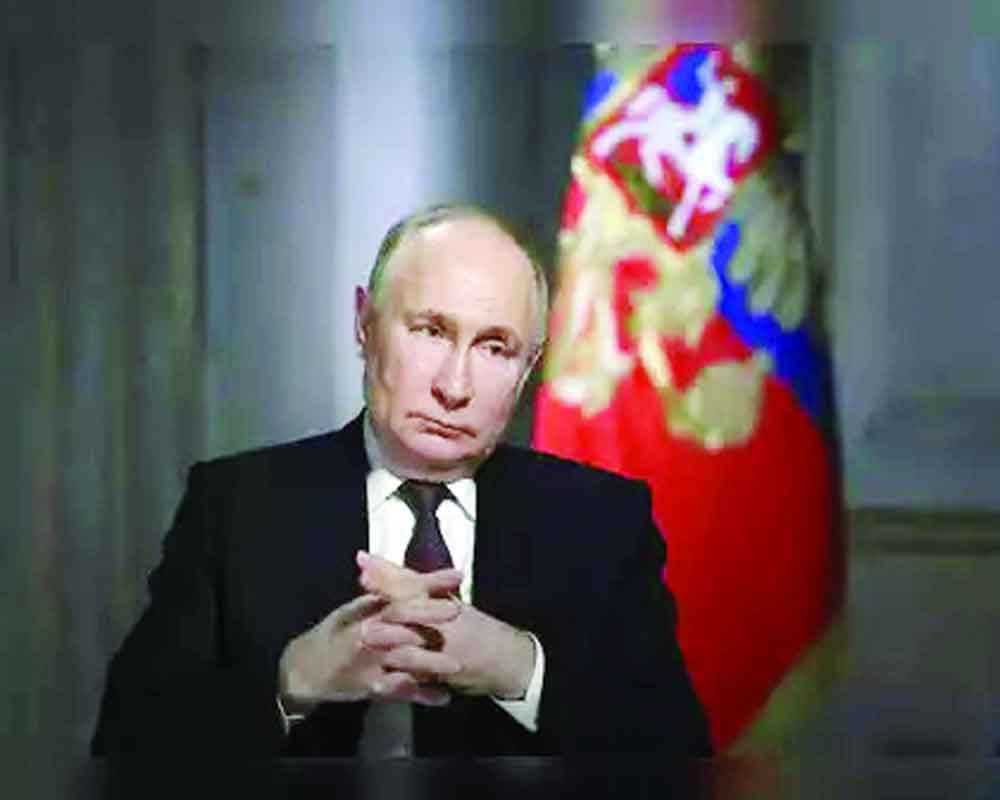The Russian President is anxious to prove that he actually is his people’s choice for the top job
The enigmatic Russian President, Vladimir Putin, has a reputation for having a tight hold on power. Beneath the surface of power, meanwhile, is a convoluted web of manoeuvres designed to validate his administration via elections. Putin has consolidated his control and maintained the impression of popular support despite criticism for being an authoritarian and charges of electoral manipulation. A case in point is the latest crowding of polling stations by Russian nationals as a way of protest during the three-day voting which ended on Sunday. Manipulation of electoral laws and institutions is seemingly one of Putin's most favoured instruments. The Russian leadership has put policies into place over time that essentially silence critics and obstruct real political rivalry. Putin and his associates benefit from selective enforcement of electoral restrictions, skewed media coverage and stringent registration requirements. It is possible for the Kremlin to create the appearance of a competitive electoral process while guaranteeing the intended result by manipulating the narrative and preventing Opposition voices from being heard. In addition, Putin has worked hard to project the image of a powerful, resolute leader who can defend Russia's interests against outside threats. Putin has successfully created a cult of personality by deftly manipulating State-run media and spreading (mis)information that presents him as essential to the safety and prosperity of the country. Putin has also used external wars and geopolitical crises to his advantage domestically. For instance, the Russian people broadly supported the annexation of Crimea in 2014, seeing it as a return of territory and pride in their country.
Many Russians view Putin as a bulwark against perceived foreign aggression, which has further enhanced his popularity. Putin can gain support and unity from the electorate by portraying himself as a global champion of Russian interests, which will validate his authority in public eyes. In addition, Putin has adeptly appropriated State institutions and utilised his command over the security apparatus to guarantee election results that are advantageous to his Government. Incidents of political persecution, like the detention of well-known activists and opposition figures such as Alexei Navalny, serve as a sobering reminder of what happens when you challenge Putin's authority. Putin aims to preserve control over important State power levers in order to secure his ongoing supremacy in Russian politics. Putin's complex campaign of manipulation, disinformation and pressure is part of his effort to gain legitimacy in the Russian elections. Putin aims to hold on to power and create an air of legitimacy by managing the election process, enhancing his public persona and taking advantage of international crises. Nonetheless, the enduring opposition and the diminishing confidence in Governmental establishments underscore the vulnerability of Putin's governance, implying that the pursuit of legitimacy is a continuous conflict in Russian politics.


























